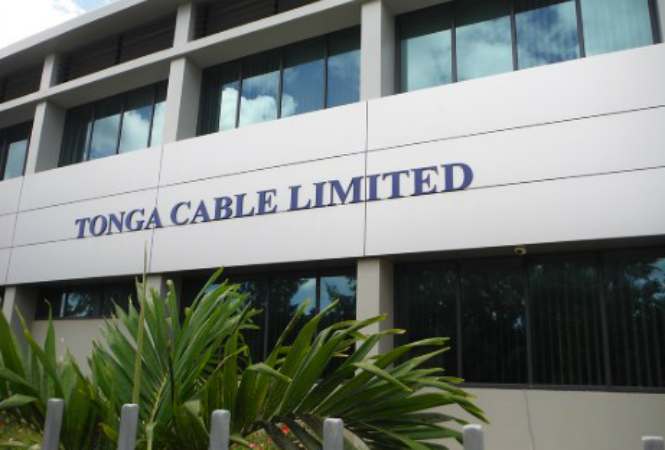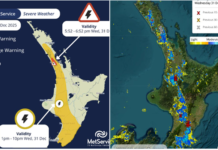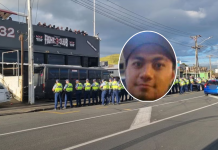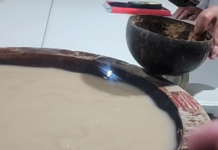With a cable repair ship still nine days away from Tonga, internet customers in Vava’u and Ha’apai are struggling to keep connected.

And customers have been warned that satellites may not be the answer, even as Elon Musk’s Starlink is applying for a license to operate in the kingdom.
Sources told Kaniva News it was hard to make calls on Digicel and the ATM service was “up and down.”
Our source said EFTPOS was barely working which means transactions are hampered.
However, while the internet has improved, the good patches are intermittent and there are still “off hours.”
The ABC’s Pacific Beat said internet services to Vava’u and Ha’apai earlier this month were severely disrupted, forcing internet providers to switch over to satellite internet. The rest of the country is still connected.
Former head of the Tonga Cable Company, Edwin Liava’a, said fibre optics provided greater capacity and bandwith, but continued breaks had made satellite providers attractive.
Media have reported that Tongan internet users have resorted to using Elon Musks’s Starlink satellite service, but at a cost.
The government is not happy with people using Starlink. They say it is technically illegal since the American company is not a registered provider in Tonga.
However, the Tonga Government is considering issuing Starlink a licence to offer broadband internet services in Tonga.
Prime Minister Hu’akavameiliku Siaosi Sovaleni said Starlink had applied for a licence to operate and the government was taking it into consideration.
People in Tonga who live in areas that have poor internet coverage already use Starlink connections to run their business internet and to communicate with family and friends.
This has led to questions about whether the government should have already had a satellite back up plan or whether a second cable would be a better answer.
A government spokesman told Kaniva News this evening a second cable was needed to back up the existing cable.
Satellite backup was also needed when cable was completely disrupted with limited capacity. Cable had high capacity and repair costs, but low operating and maintenance costs.
Satellite was low in capacity, but high in operating costs to provide back up telecommunications.
“Satellite technologies like Starlink are very low in operating expenditure, but only suitable for residential and offices, not telecom backups,” the spokesperson said.
Questions have been raised about whether the government should have sought help from foreign naval vessels, including helicopters.
A specialist cable repair ship is sailing to Tonga from Singapore and is expected to arrive in the islands next Thursday (July 18).
A spokesperson for the Ministry of Communication said it appeared the cable had been broken by a recent earthquake near the Hunga Tonga Hunga Ha’apai volcano. It was detected 73-96kms from Tonga’s main island of Tongatapu and northwest of Haapai islands.
The Ministry has a spare section of cable about 60km long which it hopes will cover the damage.
“If not, we have to wait to give time to manufacture new cables”, the Ministry said.
This is the third time Tonga’s undersea cable has been disrupted.
In January 2019 Tonga’s cable was cut in an incident Tongan authorities blamed on a Malta-registered ship, the Duzgit Venture.
Tonga Cable said the cable was cut into four sections by an anchor dragged along the sea bed.
In 2022 the Hunga Tonga volcanic eruption destroyed portions of the cable and cut Tonga off from the rest of the world.
At the time we reported comments by Dean Veverka, chief technical officer for Southern Cross Cables, which owns two other cables in the area.
He said satellites could only handle a small percentage of the traffic requirements out of any country.
“These days submarine cables carry about 99 percent of all communications between countries,” he said.







